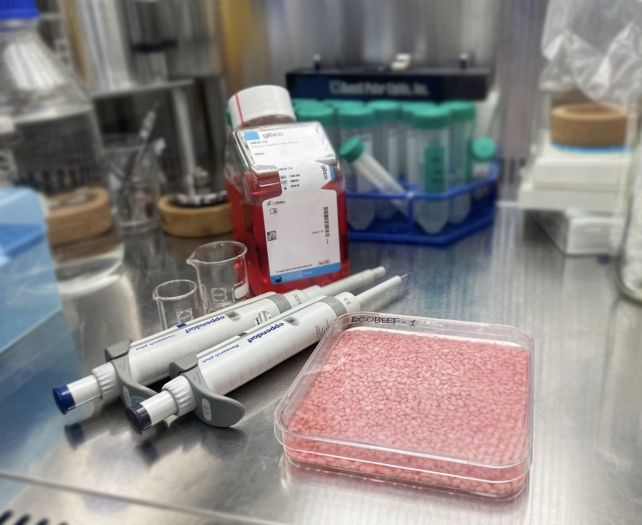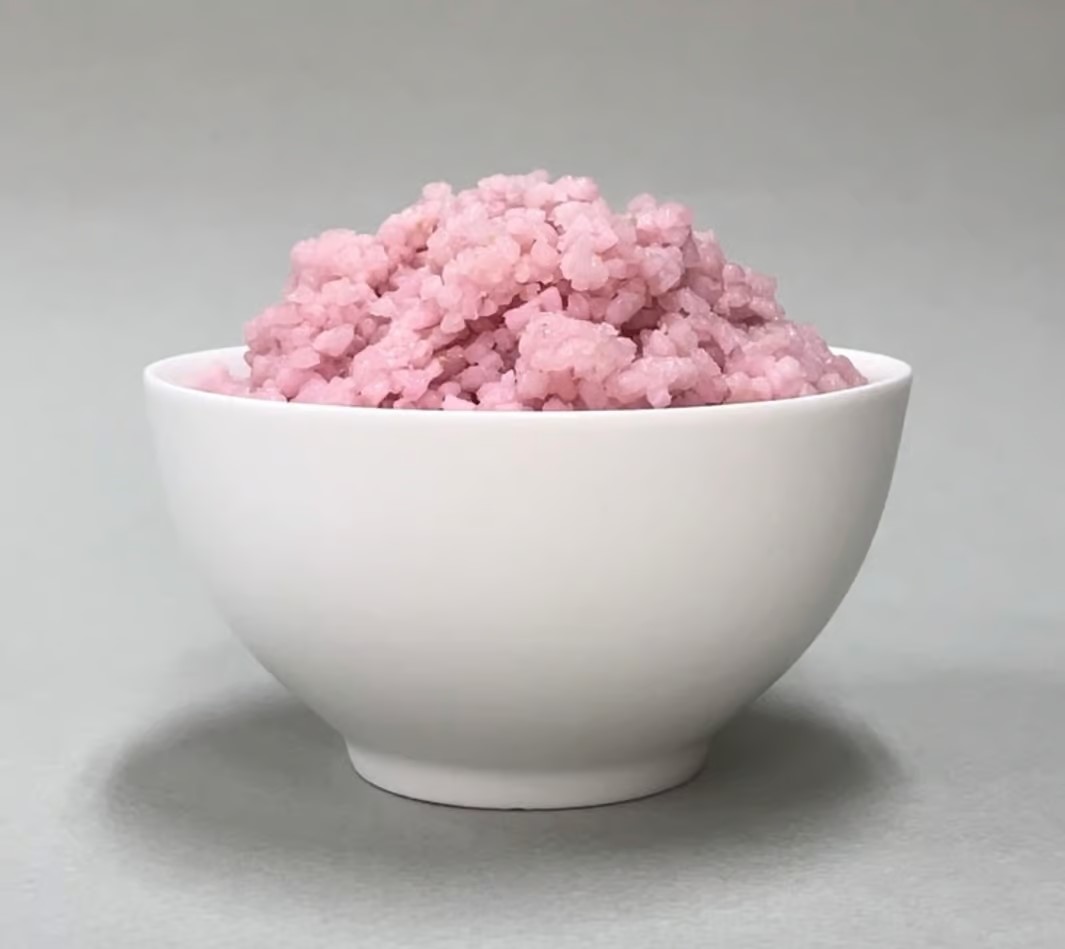Scientists create food of future based on rice and meat
 Illustrative photo (Getty Images)
Illustrative photo (Getty Images)
Scientists at Yonsei University in Seoul have developed a groundbreaking new food product that combines beef and rice in a novel way. To create it, they utilized muscle and fat stem cells from cows, which were then transplanted directly into rice grains, citing one of the world's leading independent scientific and technical source, New Atlas.
Experiment results
The resulting product is a somewhat unappealing pinkish mush, containing 8% more protein and 7% more fat compared to regular rice. These enhancements can be further augmented during cultivation.
"Imagine getting all the necessary nutrients from protein-enriched rice grown on cell cultures. Rice already boasts a high nutritional profile, but the addition of bovine cells can further elevate its nutritional value," remarked biomolecular engineer Sohyeon Park.
In its current form, the production of meat rice (or rice meat) proves to be more economical compared to beef production per gram of protein. Moreover, this cultivation method offers advantages in reducing harmful emissions.

Cultivation takes place in a petri dish for 9-11 days (photo: Yonsei University)
According to scientists' calculations, the creation of hybrid rice generates 6.27 kilograms of carbon dioxide per 100 grams of protein, whereas beef production yields 49.89 kilograms per 100 grams. Additionally, the cost of the rice hybrid for consumers is approximately 15% of the price of beef per kilogram.
The flavor changes brought about by meat rice offer intriguing prospects. Researchers have found that the grains acquire various aromatic nuances due to the presence of muscle tissue and fat, which could be a subject of experimentation for chefs.
Researchers plan for widespread adoption of this product. Their next challenge lies in refining the production process to shorten the time required for manufacturing.

A bowl of beef and rice created by a team of Korean scientists (photo: Yonsei University)
"I didn’t expect the cells to grow so well in the rice. Now I see a world of possibilities for this grain-based hybrid food. It could one day serve as food relief for famine, military ration, or even space food," said Sohyeon Park.

